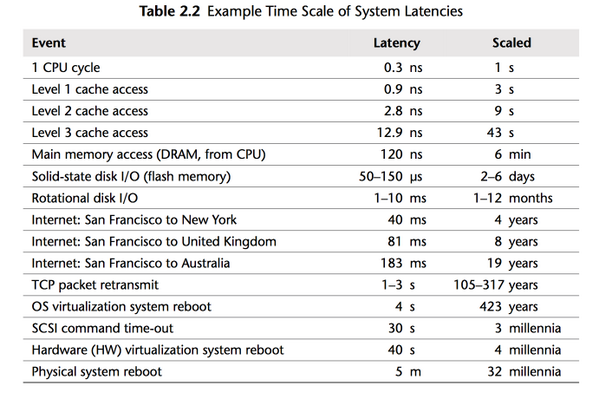Thoughtworks Technology Radar : Languages and Frameworks
They recommend only enabling the "good parts" of Scala with feature flags.
Be warned that this is mostly just a collection of links to articles and demos by smarter people than I. Areas of interest include Java, C++, Scala, Go, Rust, Python, Networking, Cloud, Containers, Machine Learning, the Web, Visualization, Linux, System Performance, Software Architecture, Microservices, Functional Programming....
Monday, 16 June 2014
Friday, 13 June 2014
Adam Thornhill : Code as a Crime Scene
Code as a Crime Scene
To understand large-scale software systems we need to look at their evolution. The history of our system provides us with data we cannot derive from a single snapshot of the source code. Instead Versions Control System (VCS) data blends technical, social and organizational information along a temporal axis that let us map out our interaction patterns in the code. Analyzing these patterns gives us early warnings on potential design issues and development bottlenecks, as well as suggesting new modularities based on actual interactions with the code. Addressing these issues saves costs, simplifies maintenance and let us evolve our systems in the direction of how we actually work with the code.
The road ahead points to a wider application of the techniques. While this article focused on analyzing the design aspect of software, reading code is a harder problem to solve. Integrating analysis of VCS data in the daily workflow of the programmer would allow such a system to provide reading recommendations. For example, “programmers that read the code for the Communication module also checked-out the UserStatistics module” is a likely future recommendation to be seen in your favorite IDE.
Integrating VCS data into our daily workflow would allow future analysis methods to be more fine-grained. There's much improvement to be made if we could consider the time-scale within a single commit. As such, VCS data serves as both feedback and a helpful guide.
Thursday, 12 June 2014
Saturday, 7 June 2014
Twitter-Scale Computing with OpenJDK
Friday, 6 June 2014
Data-crunching is better done with Statically typed languages
Wednesday, 4 June 2014
Subscribe to:
Comments (Atom)
